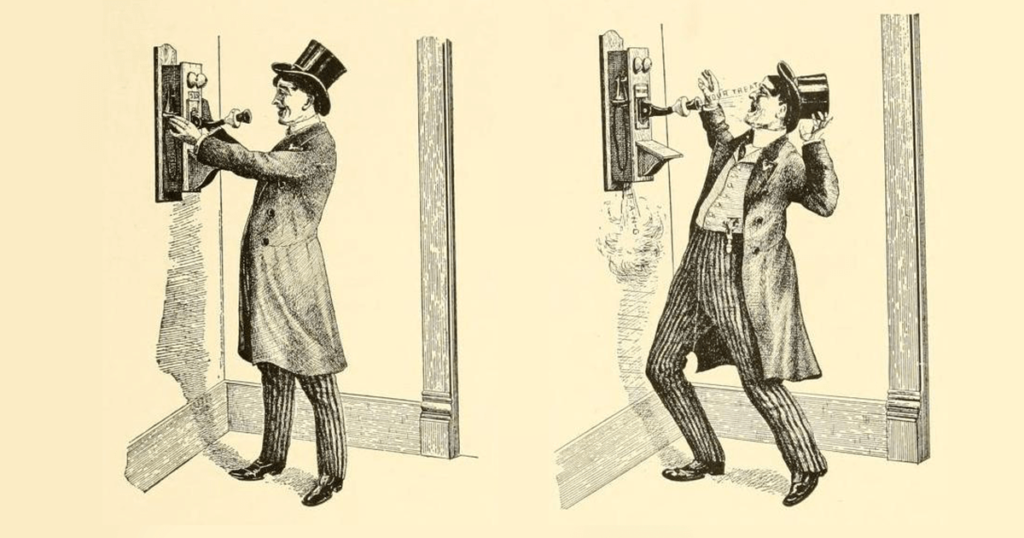
December 28 is the Día de los Santos Inocentes, the day to commemorate the young children of Bethlehem killed on King Herod’s order. New parents, already hypersensitive to dangers in the world, might find, in such a reminder of evil and innocence, fear, fate, and futility, enough to chill their hearts. In Spain, however, on December 28 many such parents will instead be chuckling at a joke crafted to catch a friend or, if forgetting the day, will be laughing ruefully when they fall victim to someone else’s practical joke. By tradition, it’s the day here for jokes, the equivalent of our April Fool’s Day. The newspapers will bury within the usual stories an item to test your credulity. The same with television and the radio, and all over the country tricksters have a ball, scoffing at or teasing the innocents as others look on, chortling. Those taken in will be good sports, you hope, though some will complain that they don’t see what’s so funny.
Last year, in a lead-up to the 28th, a paper ran a list of jokes perpetrated the year before. Among them were an ad for Whopper-flavored toothpaste and another for a car equipped with emoji-style buttons on the steering wheel to choose the proper tone of irritation or enthusiasm when honking. Those jokes are more elaborate than the ones family and friends play, but not necessarily more entertaining. On this day, beware of the declaration, of the promise suddenly remembered, the debt alluded to. Mistrust those who would do you a good turn. Don’t believe if promised a rose garden.
Mistrust too those who seem unaccountably irritable, those who give you bad news, or who approach with wacky schemes. A friend told me her sisters texted her a few years ago with an idea for their mother’s holiday. “Why don’t we chip in to send her off to a resort for New Year’s Eve? Give her a real treat.” A room to herself, a fine meal, no one to bother about. My friend was surprised. “Well, if you really think she’d enjoy that,” she texted back, agreeing to the plan. Then the joke was sprung on her—that it was a joke, and the sisters wanted their mother home with them for the holidays.
Why, of all days, you might wonder, choose the day of the holy innocents for jokes? Perhaps because the people we most easily take in with our teasing, the ones who believe us most readily—believe anything, really—are the babies. They are indeed the innocents, their gullibility the source of much joy and much laughter. They begin life with a fine sense of adventure, ready for fun, entirely trusting of those who brought them into the arena. What if they knew all that was in store? “I don’t see what’s so funny,” they might say of their parents’ tricks, including the one of creation. But the children’s best revenge, and the kindest, is to never let on that they are in on the joke. Imagine them looking around, then gazing back at us, faces unguarded, mouths smiling. “No, I don’t see what’s so funny. Only what’s so wonderful.”


